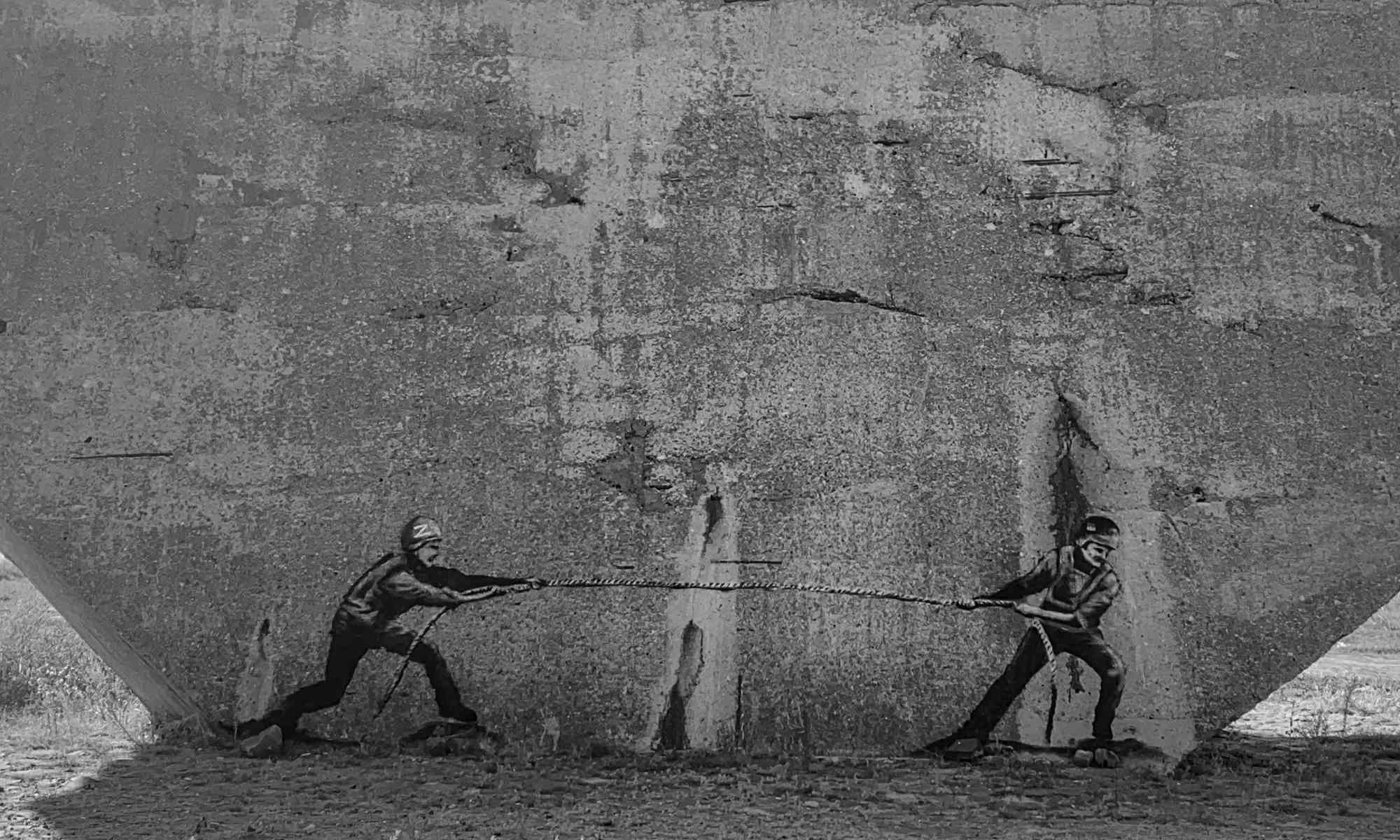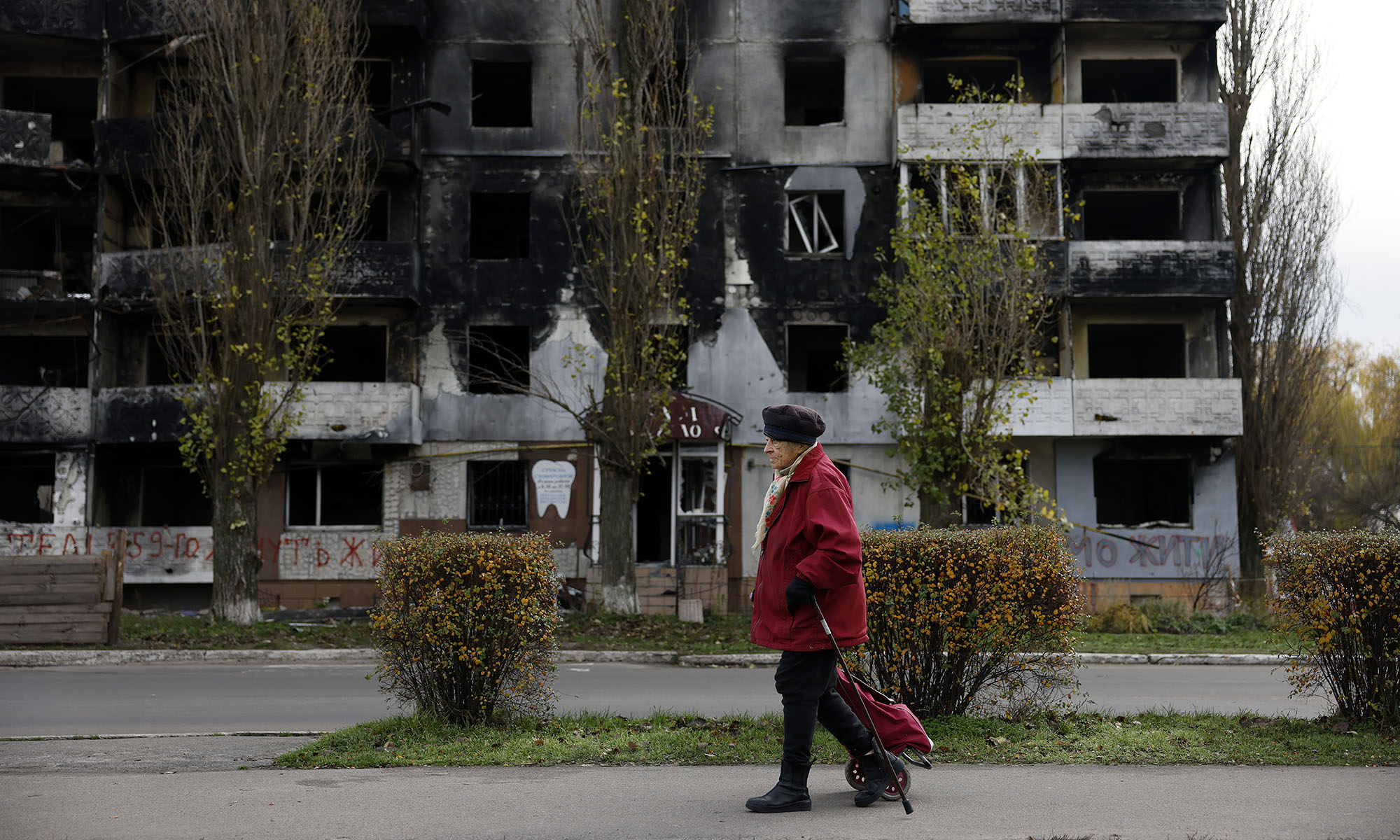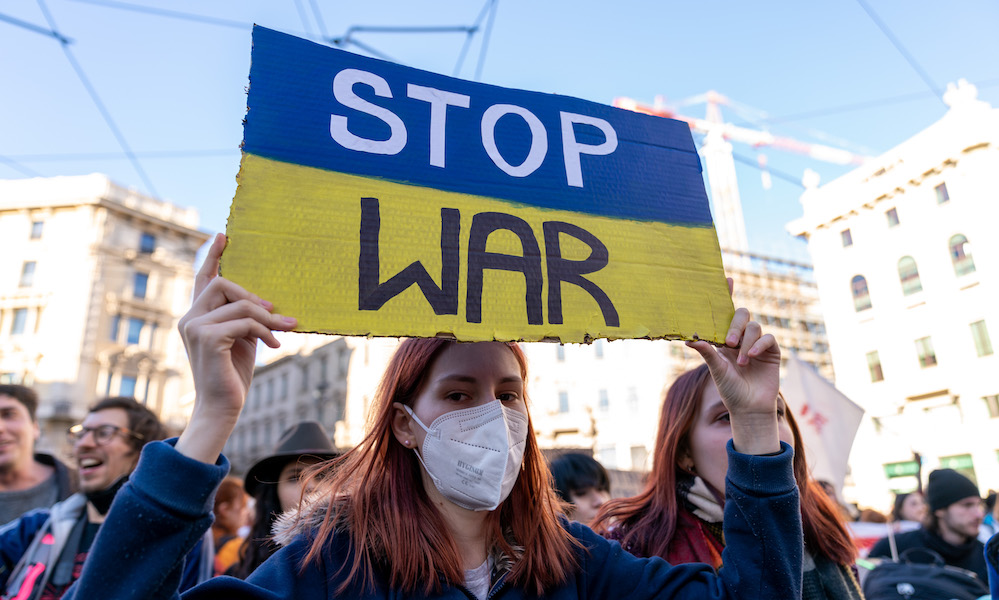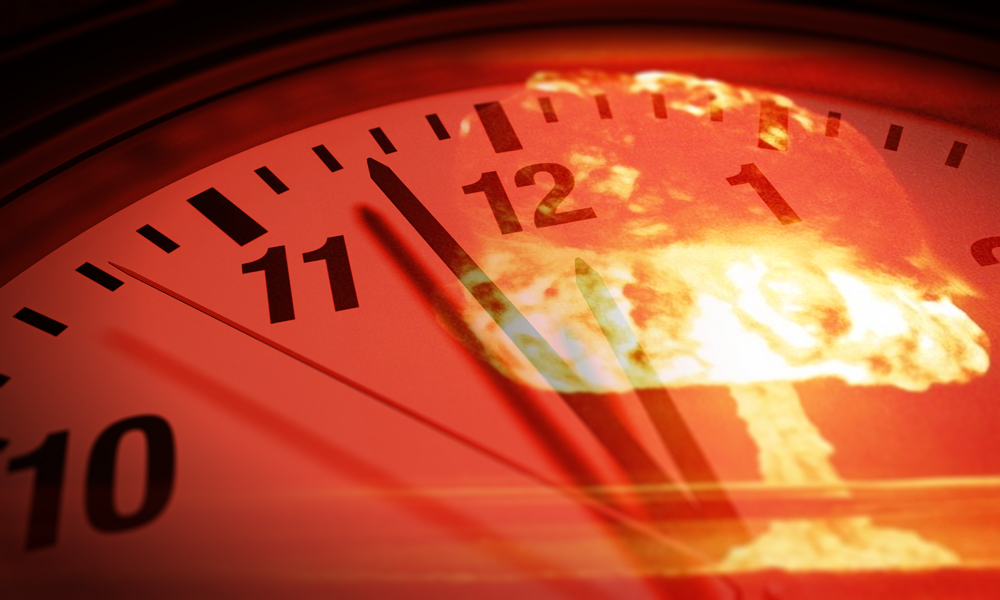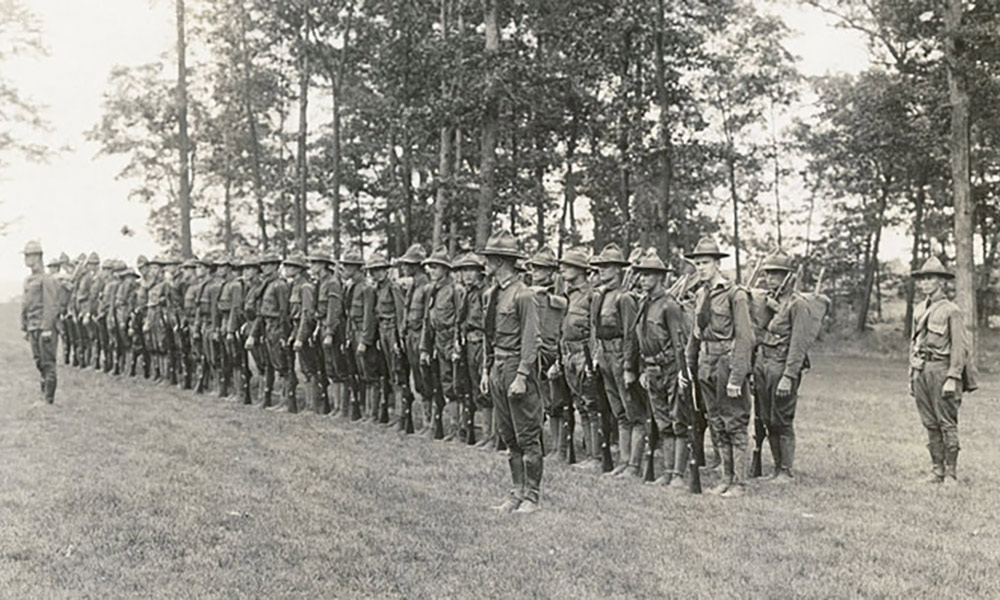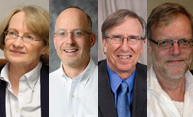Campus & Community
Lea Thome ’22: A global citizen helps shape global policy
April 4, 2025
At Rochester, the German native forged her path to a career analyzing international relations in an interconnected world.

